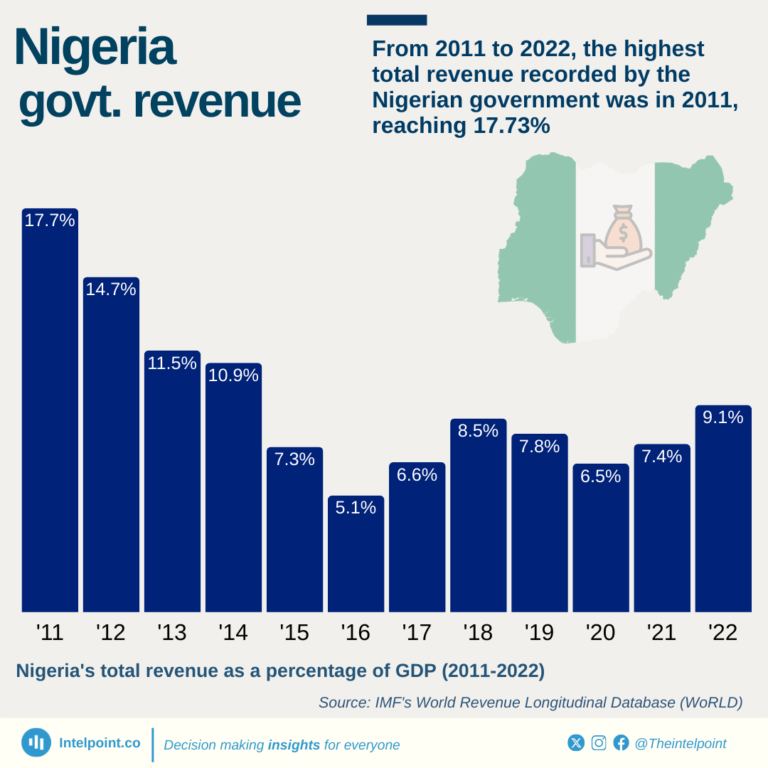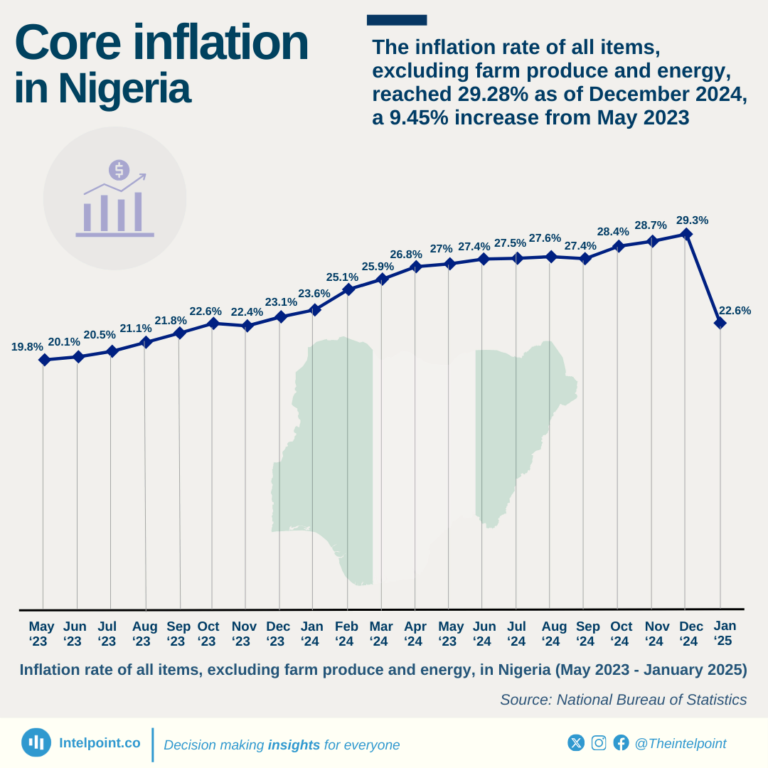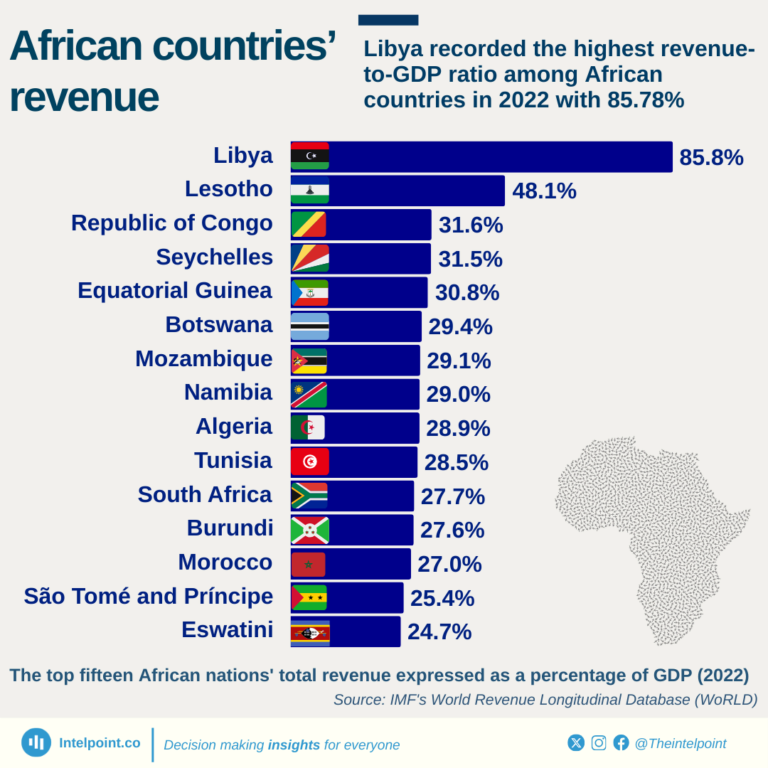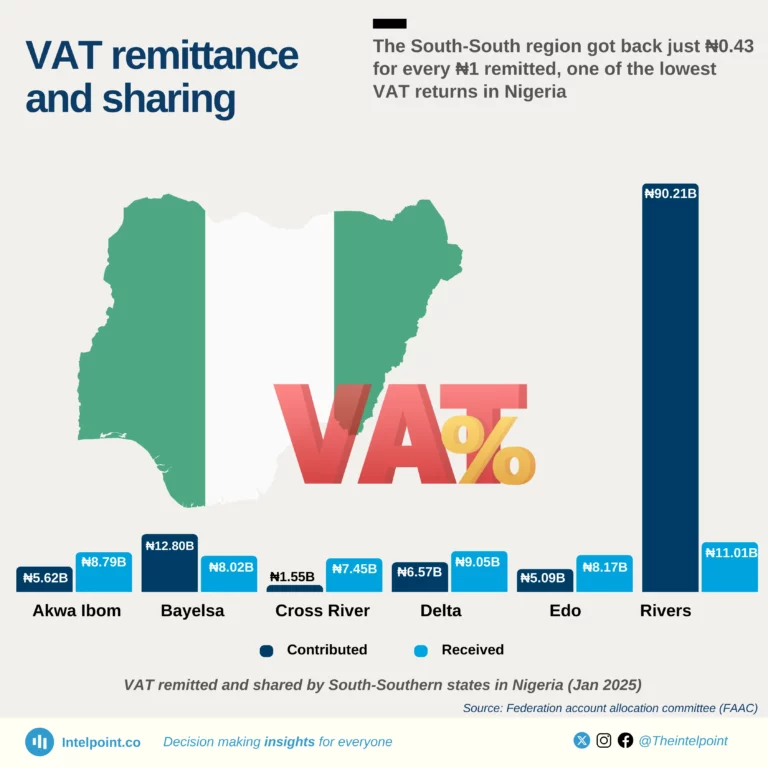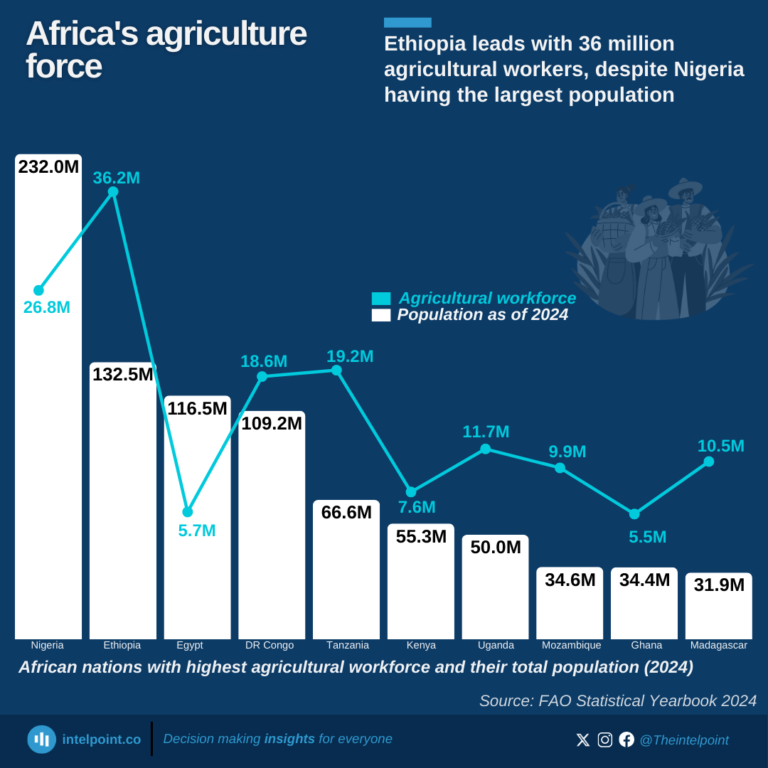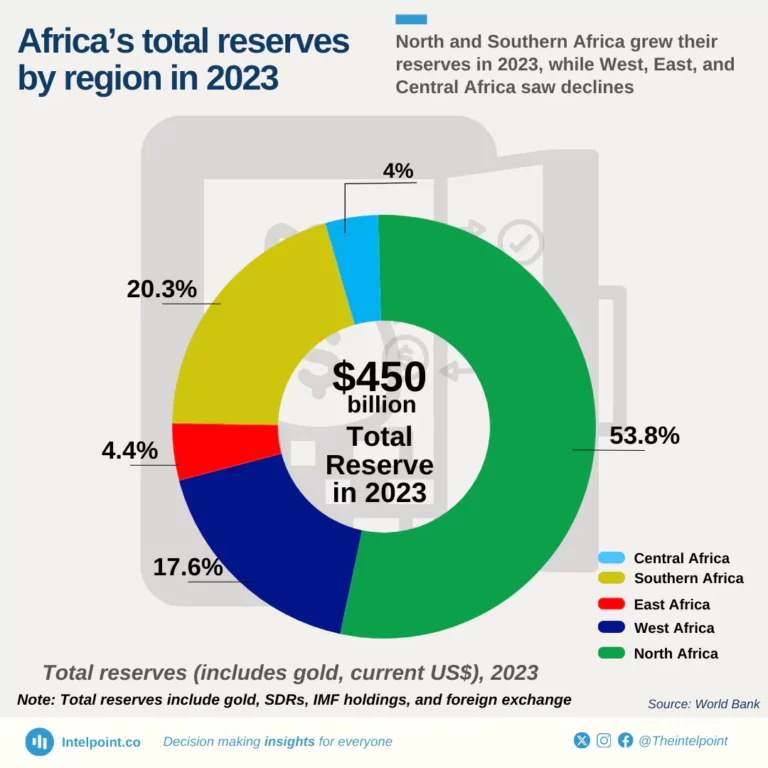When streaming giant Netflix expanded its footprint to 130 countries in 2016, Nigeria was among the markets it entered. The company began by acquiring local content from producers and soon transitioned into creating original productions, investing $23.6m by 2022.
These original productions have achieved significant milestones. Titles like The Black Book and Jagun Jagun reached the global top ten for English and non-English films, respectively, within a week of their release.
In 2024 alone, Netflix has revised its monthly subscription fees twice. The Premium plan now costs ₦7,000, up from ₦4,400 at the beginning of the year, while the cheapest option—the mobile plan—has increased from ₦1,200 to ₦2,200.
